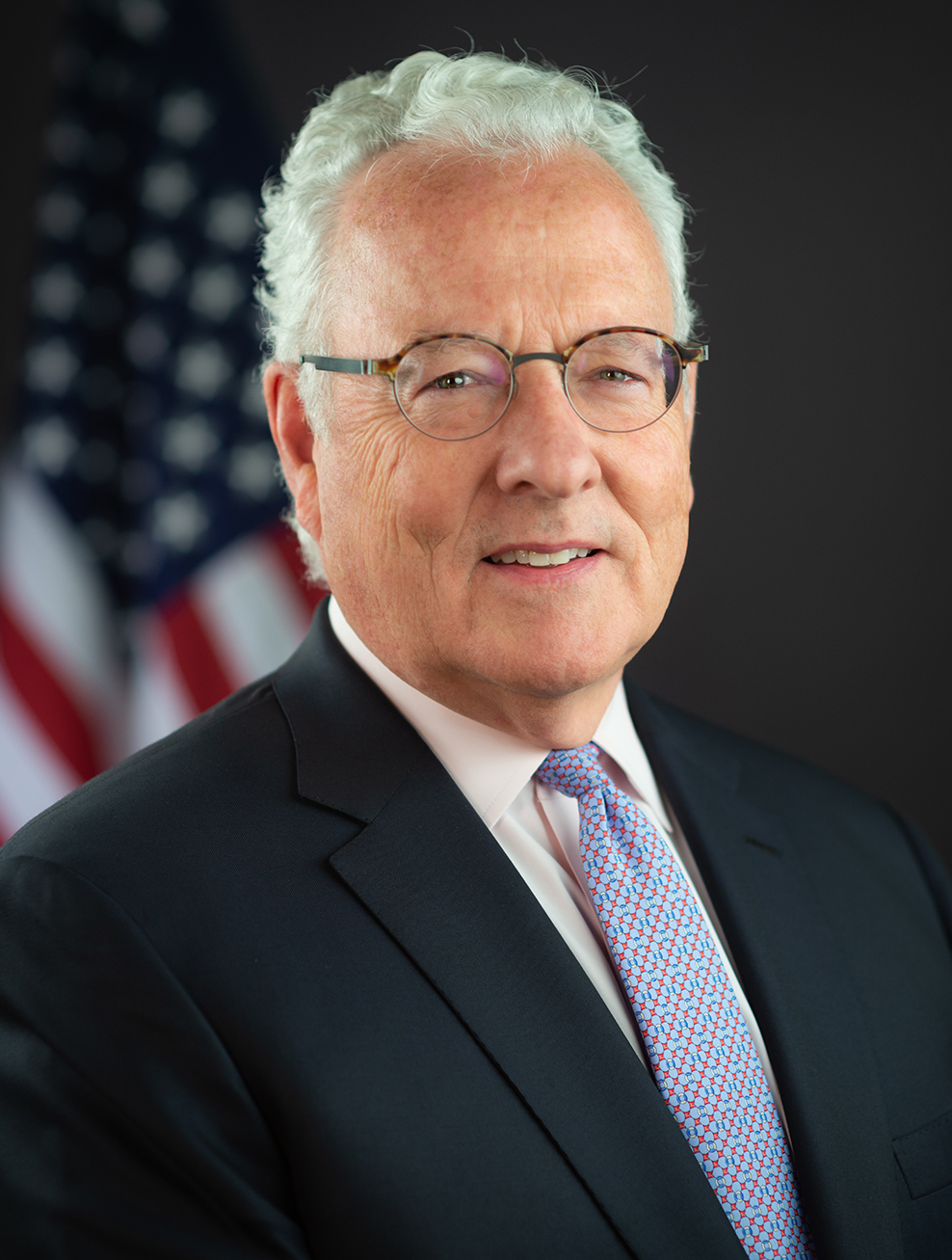By JW Verret. October 27, 2022. (Real Clear Markets).
The Securities and Exchange Commission’s (SEC) case against Ripple, the largest case it has brought against a defendant working in the crypto industry to date, has been heating up this month with a series of summary motions and some big discovery losses for the SEC. The SEC alleges in that case that one test for a security required to register with the SEC, contained in the 1946 Supreme Court case SEC v Howey, applies to the XRP token that is used by Ripple.
The SEC should admit the secret it isn’t saying out loud to the court and everyone watching the case. The test used in SEC v. Howey is typically used by the SEC to sue hucksters, Ponzi schemers and other con men who sell fake securities. The Howey test is a way to stop them, not a means to facilitate registration with the SEC.














